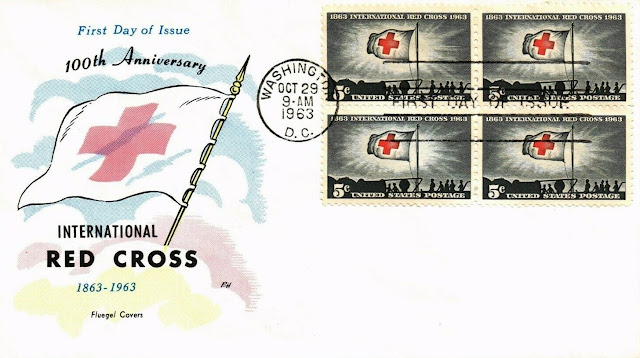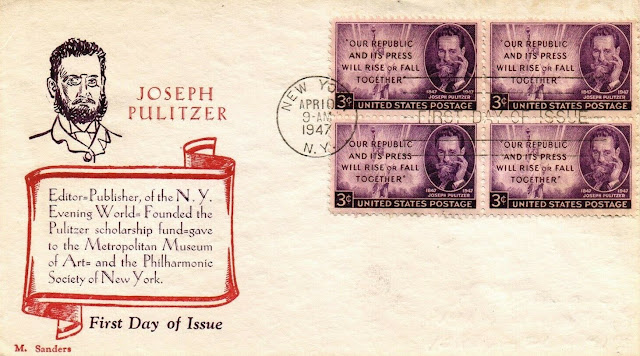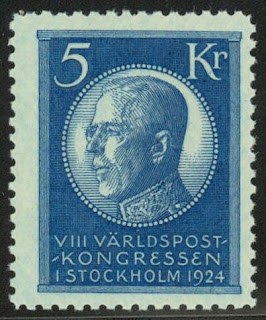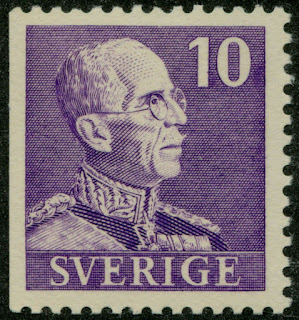Here are some events that happened on October 29th. It could be an event or a person that died or was born on that day
1863 – Eighteen countries meet in Geneva and agree to form the International Red Cross.
The International Committee of the Red Cross (ICRC) is a humanitarian institution based in Geneva, Switzerland, and a three-time Nobel Prize Laureate. State parties (signatories) to the Geneva Convention of 1949 and its Additional Protocols of 1977 (Protocol I, Protocol II) and 2005 have given the ICRC a mandate to protect victims of international and internal armed conflicts. Such victims include war wounded, prisoners, refugees, civilians, and other non-combatants.
The ICRC is part of the International Red Cross and Red Crescent Movement along with the International Federation of Red Cross and Red Crescent Societies (IFRC) and 192 National Societies. It is the oldest and most honoured organization within the movement and one of the most widely recognized organizations in the world, having won three Nobel Peace Prizes in 1917, 1944, and 1963.
Up until the middle of the 19th century, there were no organized and well-established army nursing systems for casualties and no safe and protected institutions to accommodate and treat those who were wounded on the battlefield. In June 1859, the Swiss businessman Henry Dunant travelled to Italy to meet French emperor Napoléon III with the intention of discussing difficulties in conducting business in Algeria, at that time occupied by France. When he arrived in the small Italian town of Solferino on the evening of 24 June, he witnessed the aftermath of the Battle of Solferino, an engagement in the Second Italian War of Independence. In a single day, about 40,000 soldiers on both sides died or were left wounded on the field. Henry Dunant was shocked by the terrible aftermath of the battle, the suffering of the wounded soldiers, and the near-total lack of medical attendance and basic care. He completely abandoned the original intent of his trip and for several days he devoted himself to helping with the treatment and care for the wounded. He succeeded in organizing an overwhelming level of relief assistance by motivating the local population to aid without discrimination. Back in his home in Geneva, he decided to write a book entitled A Memory of Solferino which he published with his own money in 1862. He sent copies of the book to leading political and military figures throughout Europe. In addition to penning a vivid description of his experiences in Solferino in 1859, he explicitly advocated the formation of national voluntary relief organizations to help nurse wounded soldiers in the case of war. In addition, he called for the development of international treaties to guarantee the neutrality and protection of those wounded on the battlefield as well as medics and field hospitals.
Stamps from various countries issued to benefit the Red Cross
1911 Died: Joseph Pulitzer, Hungarian-American publisher, lawyer, and politician, founded Pulitzer, Inc. (b. 1847)
Joseph Pulitzer (April 10, 1847 – October 29, 1911) was a newspaper publisher of the St. Louis Post-Dispatch and the New York World. He became a leading national figure in the Democratic Party and was elected congressman from New York. He crusaded against big business and corruption, and helped keep the Statue of Liberty in New York.
In the 1890s the fierce competition between his World and William Randolph Hearst's New York Journal caused both to develop the techniques of yellow journalism, which won over readers with sensationalism, sex, crime and graphic horrors. The wide appeal reached a million copies a day and opened the way to mass-circulation newspapers that depended on advertising revenue (rather than cover price or political party subsidies) and appealed to readers with multiple forms of news, gossip, entertainment and advertising.
Today, his name is best known for the Pulitzer Prizes, which were established in 1917 as a result of his endowment to Columbia University. The prizes are given annually to recognize and reward excellence in American journalism, photography, literature, history, poetry, music and drama. Pulitzer founded the Columbia School of Journalism by his philanthropic bequest; it opened in 1912.
US stamp and First Day Cover issued to commemorate Joseph Pulitzer
1950 Died: Gustaf V of Sweden (b. 1858)
Gustaf V (Oscar Gustaf Adolf; 16 June 1858 – 29 October 1950) was King of Sweden from 1907 until his death in 1950. He was the eldest son of King Oscar II of Sweden and Sophia of Nassau, a half-sister of Adolphe, Grand Duke of Luxembourg. Reigning from the death of his father, Oscar II, in 1907 to his own death 43 years later, he holds the record of being the oldest monarch of Sweden and the third-longest rule, after Magnus IV and Carl XVI Gustaf. He was also the last Swedish monarch to exercise his royal prerogatives, which largely died with him, although they were formally abolished only with the remaking of the Swedish constitution in 1974. He was the first Swedish king since the High Middle Ages not to have a coronation and so never wore the king's crown, a practice that has continued ever since.
Gustaf's early reign saw the rise of parliamentary rule in Sweden although the leadup to World War I induced his dismissal of Liberal Prime Minister Karl Staaff in 1914, replacing him with his own figurehead, Hjalmar Hammarskjöld, the father of Dag Hammarskjöld, for most of the war. However, after the Liberals and Social Democrats secured a parliamentary majority under Staaff's successor, Nils Edén, he allowed Edén to form a new government which de facto stripped the monarchy of all virtual powers and enacted universal and equal suffrage, including for women, by 1919. Bowing fully to the principles of parliamentary democracy, he remained a popular figurehead for the remaining 31 years of his rule, although not completely without influence – during World War II he allegedly urged Per Albin Hansson's coalition government to accept requests from Nazi Germany for logistics support, refusing which might have provoked an invasion. This remains controversial to date, although he is not known to have shown much support for fascism or radical nationalism; his pro-German and anti-Communist stance was well known also in World War I.
Following his death at age 92, he was implicated in a homosexual affair in the Haijby affair. His alleged lover Kurt Haijby was imprisoned in 1952 for blackmail of the court in the 1930s. (Homosexuality was a criminal offense in Sweden until 1944, though Gustaf's position would have granted automatic immunity.) An avid hunter and sportsman, he presided over the 1912 Olympic Games and chaired the Swedish Association of Sports from 1897 to 1907. Most notably, he represented Sweden (under the alias of Mr G.) as a competitive tennis player, keeping up competitive tennis until his 80s, when his eyesight deteriorated rapidly. He died from flu complications and was succeeded by his son, Gustaf VI Adolf.











No comments:
Post a Comment